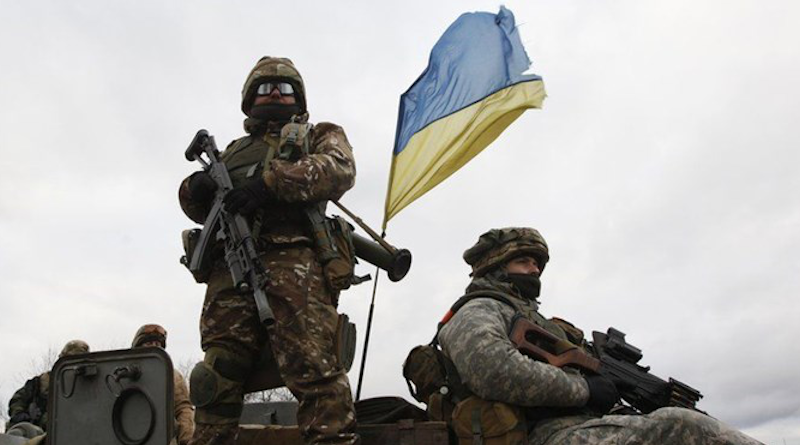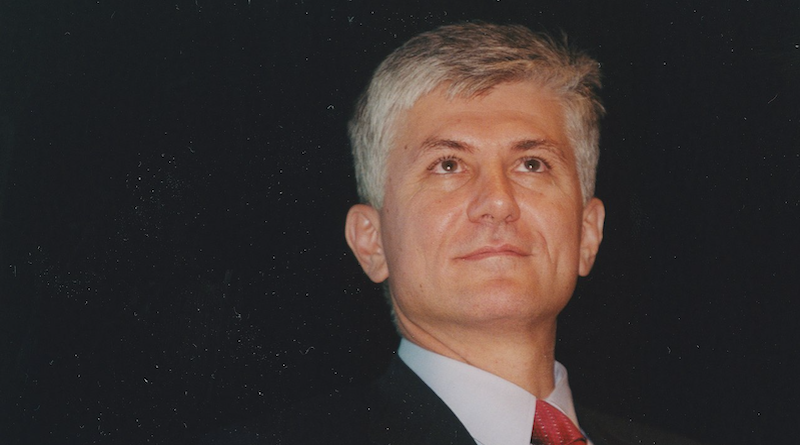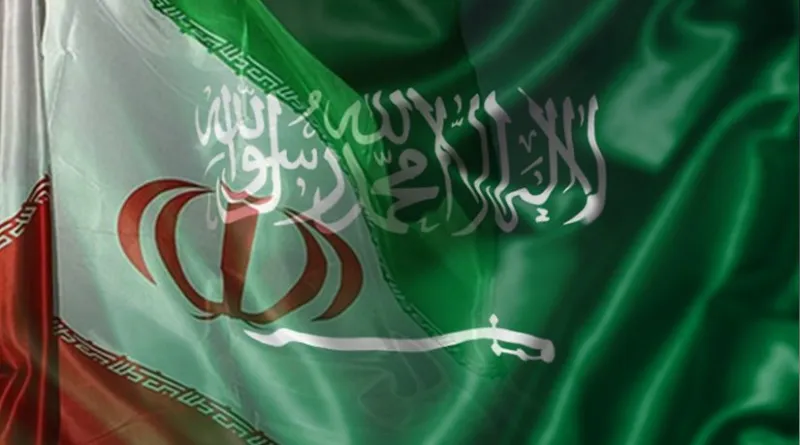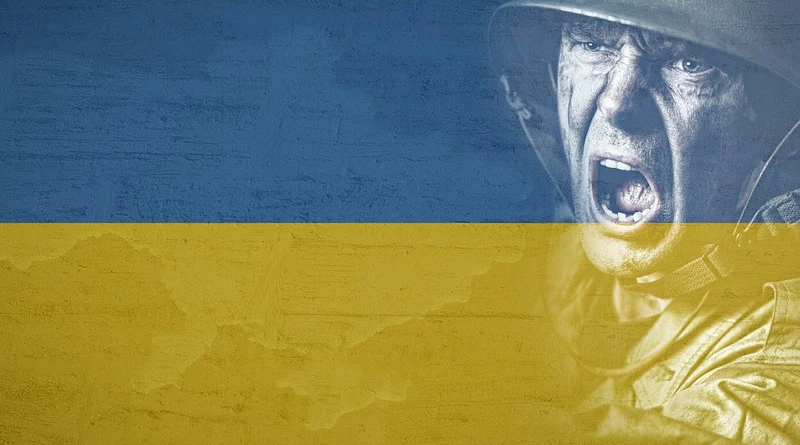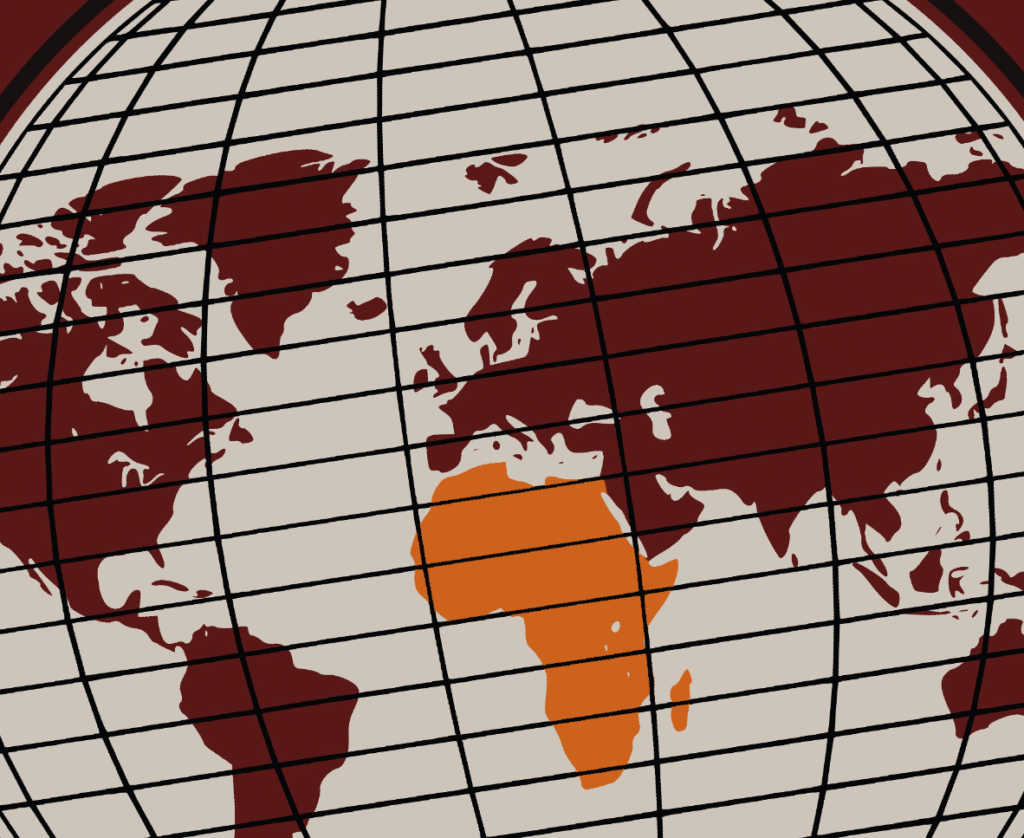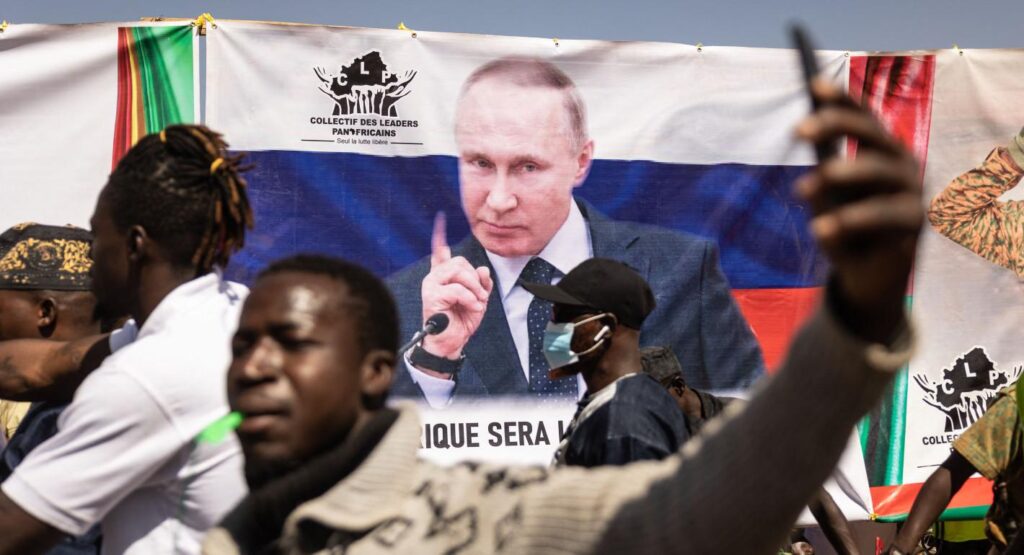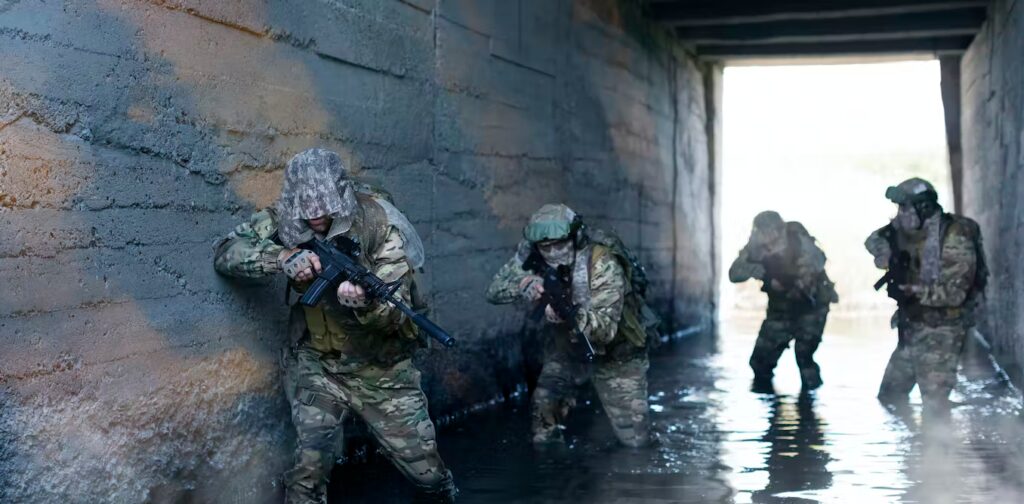Ethiopia: The Agony Of Tribal Nationalism – OpEd
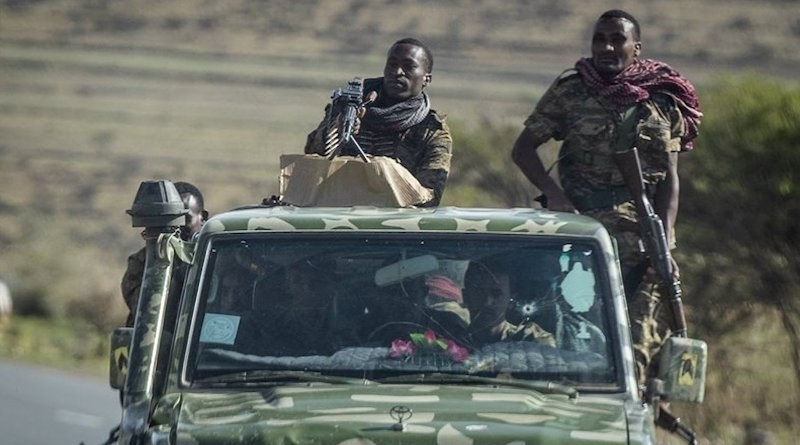
In whatever form it manifests, whether it’s distaste for foreigners, refugees and asylum seekers, a nationalistic economic policy or flag-waving patriotism, tribal nationalism is a cancer upon the world. Violent, ugly, and often deadly, it creates and strengthens divisions, often resulting in war, one after another after another throughout history.

